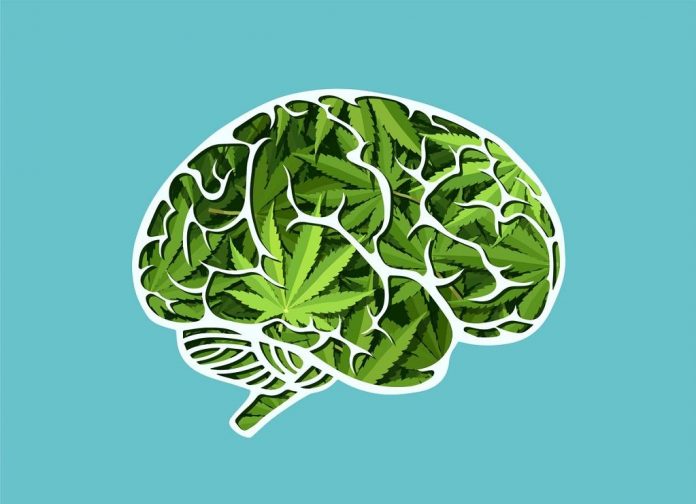The first thing you need to understand is that cannabis is not a single substance. It contains an excess of 500 identified biochemical components. More than 100 of these chemical constituents are cannabinoids. When ingested, these cannabinoids will interact with the naturally occurring communication network in your body and brain. This communication network is called the endocannabinoid system.
Naturally, this means that a dose of cannabis can affect numerous psychological and physiological processes. We already know how it can affect the immune system, your appetite, movement, and inflammation. The big question is, how can cannabis positively affect your mental health?
Depression
The news today is going on and on about how exciting the complexity of cannabis in treating various symptoms. There is still much more exploration that must be done. More and more evidence-based research on how cannabis can treat anxiety, depression, psychosis, and depression is mandatory for patient health and safety.
The two primary components of cannabis are THC and CBD. These components will interact with the brain and regulate the mood.
When used for psychotherapy, the weed will undergo radical changes. It is not only a calming tool, but it can also be deeply therapeutic and support an excavating experience. In fact, in my experience, even clients who have used it for decades are surprised at just how good it feels when it is used concurrently with talk therapy.
Talk therapy
When they are using it, a client will enter into a legitimately modified state of psyche consciousness and awareness. In this state, there is a temporary disruption of boundaries and the ego. This translated into less censorship and the control of the mind and thoughts.
This means that your conscious mind gets out of its way and allows more sensations, increases and enhances memories, and repressed feelings that arise in the subconscious mind. This is an extremely therapeutically response, as you can put into language and share with your therapist without shame and blame. A cannabis therapy session is an assisted, supported therapy session in a safe environment. It is one way to heal and move past the traumas we face.
Schizophrenia
This is a severe psychiatric disorder whose clinical features fall into three categories, positive, negative, and cognitive deficits. The positive symptoms include delusions, hallucinations, and catatonia. The negative ones include the inability to show emotions and difficulties starting and sustaining activities. Cognitive symptoms would be deficits in verbal and working memory.
Medical health care professionals will often use antipsychotic medication to reduce psychotic symptoms. However, these medications are not effective for everyone. The drugs have several adverse effects that may impair the person’s quality of life.
In the past few years, a cannabinoid hypothesis was postulated. Researchers began studies to demonstrate that the pharmacological modulation of the endocannabinoid system could be used in the treatment of schizophrenia.
A study conducted on six treatment-resistant patients showed significant improvement in schizophrenic symptoms after treatment with THC. The CBD blocked the psychotic symptoms, and the patients’ negative and positive symptoms improved.
Simply put, cannabis can reward and enhance positive feelings that will relieve the negative symptoms and take help us deal with the experience of uncomfortable emotions. There is evidence that psychological treatment of various conditions can be done by using the proper dosages of cannabis in a supportive, safe and professional therapeutic setting. It provides patients the outlet they need to deal with difficult emotions.
